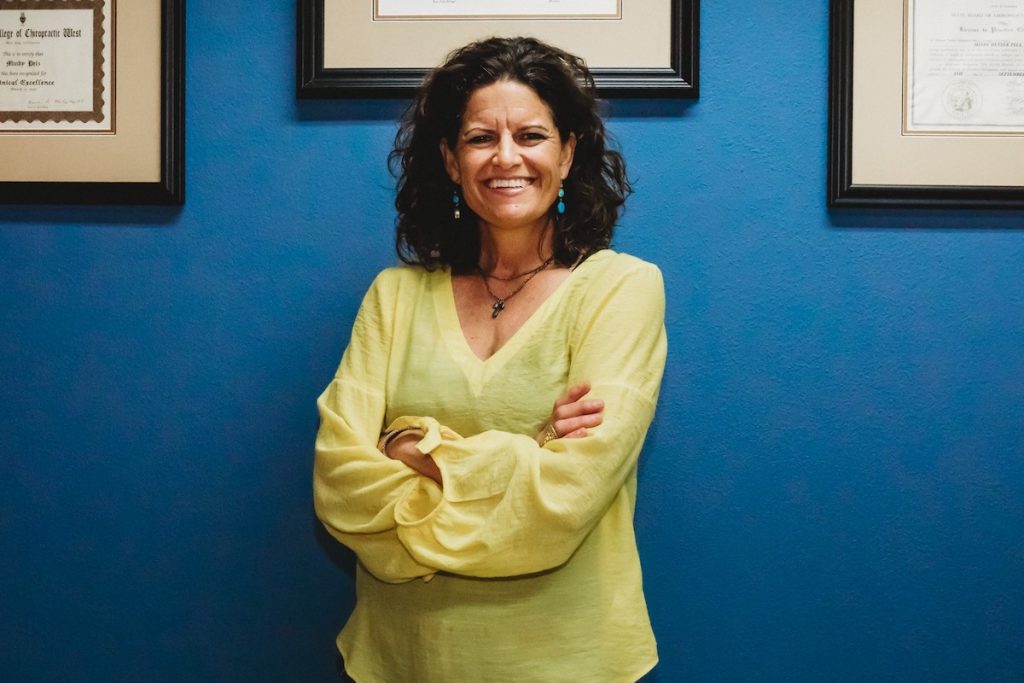Oh, the irony – it’s taken a good two hours of fluting around on the internet to stop and write this very short piece about procrastination. Instead of working, we’ve googled babushka scarves (they’re a thing), eaten a mini Twix (okay, okay, it was two), and watched the Grand Finale of RuPaul’s Drag Race. The struggle is real.
Of course, it’s a normal, near-universal phenomenon, and it’s certainly not a recent one either. In 800BC, the Greek poet Hesiod cautioned not to “put your work off til tomorrow and the day after”. However, research has shown that the past 20 years have seen a distinct rise in procrastination. And, in the past 15 months, with all the simmering unease and lack of structure the pandemic has caused, it’s created a perfect little petri dish for procrastination.
And that’s because procrastination is less about being lazy and more an “emotion-focused coping strategy” says Tim Pychyl, a psychology professor at Carleton University in Ontario, Canada. “It’s not a time-management problem; it’s an emotion-management problem.”
So, how can you avoid it? First, show yourself some compassion. In a 2018 study in the journal Mindfulness, scientists found that people who were able to acknowledge their mistakes, and then forgive themselves for it, were less likely to procrastinate. Also, try not to overburden yourself with huge undertakings, but break these down into smaller sub-tasks. And once you complete said task, reward yourself, even if it’s with a short walk or a tasty snack. We can recommend a Twix. Or two.
Not done procrastinating? We’ve got just the thing… We recommend How To Stop Scrolling On The Job (And Get Some Work Done). Something tells us, you might need to read it.




